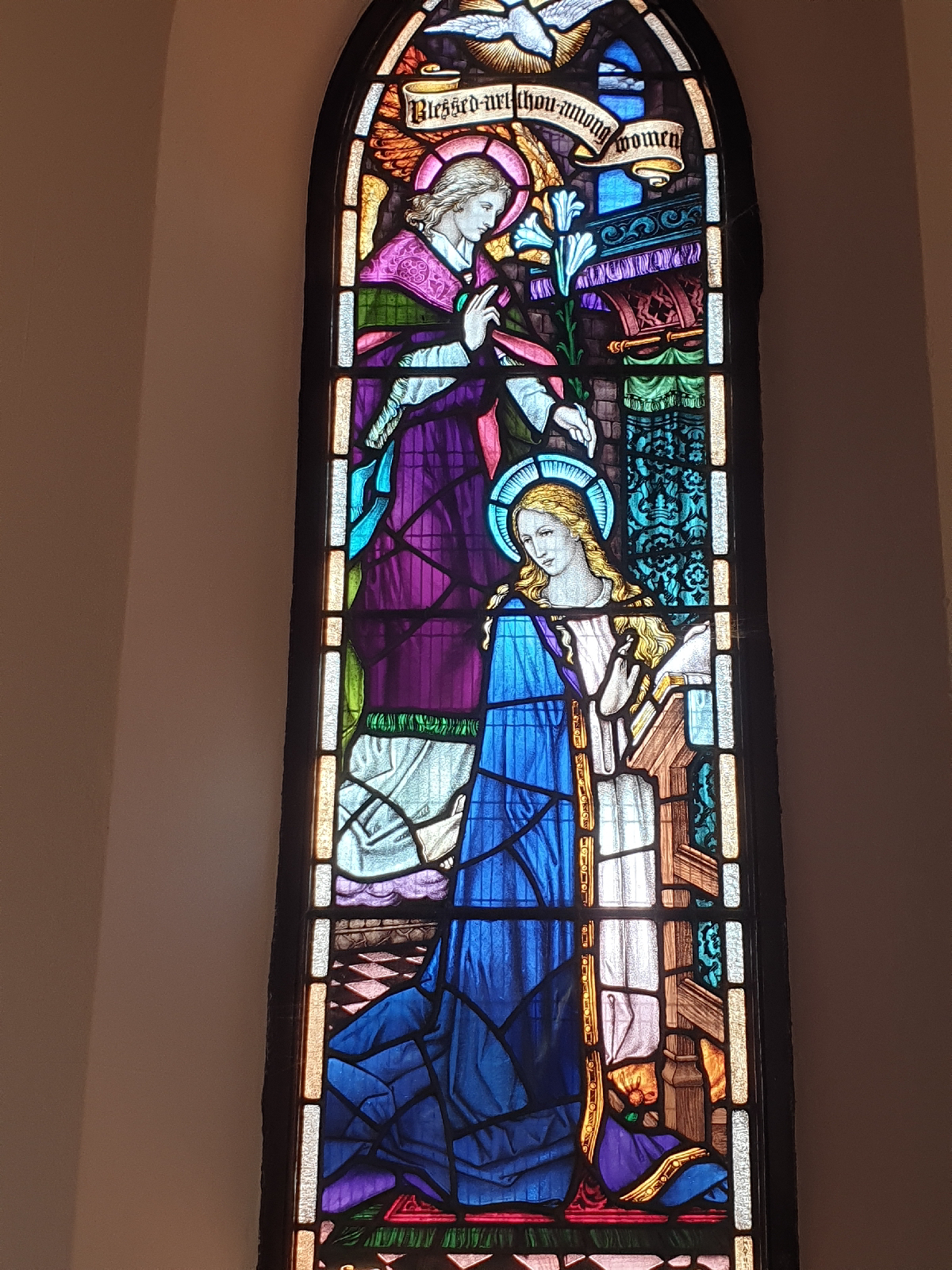This old door reminds me that Advent invites me to 'come to my senses'
Second
Sunday of Advent
We sometimes
say of another person but rarely about ourselves: ‘Have they taken leave of
their senses?’
Advent is a
season where the friends of Jesus Christ are called to ‘come to their
senses’ or wake up to themselves. In this season the alarm is sounded and
we are urged lovingly to make ready and pray ‘Maranatha, come Lord come’
When we take
about ‘coming to our senses’ or about ‘common sense’ we are talking about our
capacity for reason and to make good judgements. We weigh up the possible
consequences of our intended action against our internal moral compass. In this common-sense use of the term, common
sense is often all too absent. Let me repeat that sentence. In the common-sense
use of the term, common sense is often all too absent. If you are like me, you
will too often be on cruise control when you ought to be more aware, alert,
vigilant and ready with a reasoned and reasonable response.
Coming to
our senses has another meaning. It means paying attention to the senses most of
us have by virtue of living in animal bodies. That is, the ability to see,
feel, hear, smell and taste. It all adds up and makes sense don’t you think?
·
From
our Gospel –
·
See, I am
sending my messenger
·
Proclaim
– hear
·
John
clothed in camel hair with a leather belt. Reaching to untie sandals, the touch
of water, all feeling. The quenching of spiritual thirst. Spirit, the
breath of God flowing with our exhaling and inhaling breath.
·
Locusts
(probably a plant since insects are unclean) and wild honey – taste.
Smell, well we can add that one in, and imagine the sweat of remorse, repentance,
and regret under the sun in the arid desert.
In Peter,
the fireworks oratory, with noise and visions. He speaks of Our Lord’s loving
look of patience. Isaiah, speaking tenderly, a voice crying out, feeding the hungry
flock, saying to the city and gathering in.
These
readings are full of references to our senses and indeed listen to another
person and you will find our language is chock full of metaphors and words that
remind us that even our speaking is a sensory song.
As Psalm
85 reminds us ‘steadfast love and faithfulness will meet in a beautiful
embrace and righteousness and peace will engage in a long, loving, and
passionate kiss.
The Spirit
calls us to our senses, to full aliveness. But if we are to experience the
Divine Presence in the glory of creation and in the face of another human let
us begin by coming to our senses when we gather in worship.
Anglicans
have beautiful sensory rich patterns of worship in churches full of colour with
resonant music and if not the smoke of rich incense the smell of coffee after
church. We stand, sit, taste, feel, speak, and sing. We stop, look, and listen. Not for us the
bare painted walls of the Protestant Chapel that serve as a sounding board for
the Word. We are as Anglicans scandalously sacramental in creating places of
beauty and love, music, and colour.
Why is it
then when we are called to hear beautiful Scripture read for us, that we,
despite good hearing, gazing at the screen or into our service leaflet? Why
when on your behalf I lead you in prayer and break the bread are you looking
away? I know myself, and maybe this is true of you, that sometimes I am
distracted, bored or just anxious in our worship. What I yearn for myself is
for release in worship, a letting go and being in my senses touching tasting,
moving celebrating in sign and symbol, moving this amazing human body in
thanksgiving to the God who comes to us as a living breathing human being in
Jesus feeling free to cry, laugh or simply to be still for the presence of the
Lord.
Mindfulness,
paying attention, being present is at the heart of Advent. Some of us have been
practicing some simple, subtle, and sensory based exercises to train us in
attentiveness in our Advent sessions and others are welcome to come along. But
whatever you do I encourage you to really to appreciate the gift of your senses
and to bring them to our sensory rich Eucharistic rituals.
When
Scripture is read, (unless you can’t hear), just listen, close your eyes and
let the word flow in and around you. When you sing and respond you do not have
to always follow the words on screen or book. You know them already so feel flow
in your bones. Watch the movement of the liturgy and relax your body when
standing or sitting, even when feeling sad or a bit out of it.
Today and
into the future let us come to our senses so that when we are called to respond
to any situation we are attuned to the vision of God. We can feel and know the
reason as we stoop down to the cradle and find our hearts lifted up as we cry
out ‘O come O come Emmanuel’ and pray ‘comfort my people’


